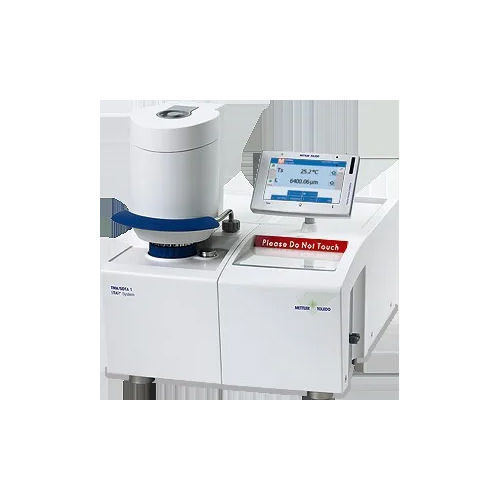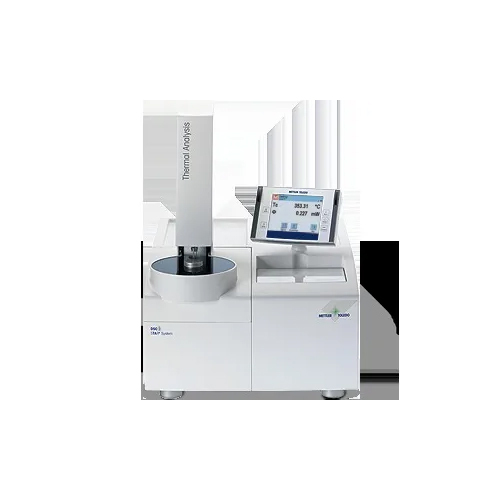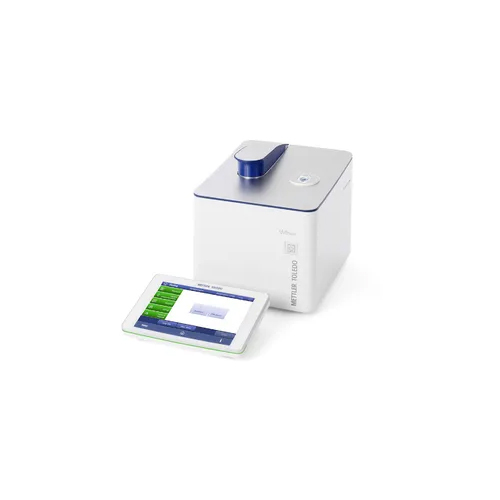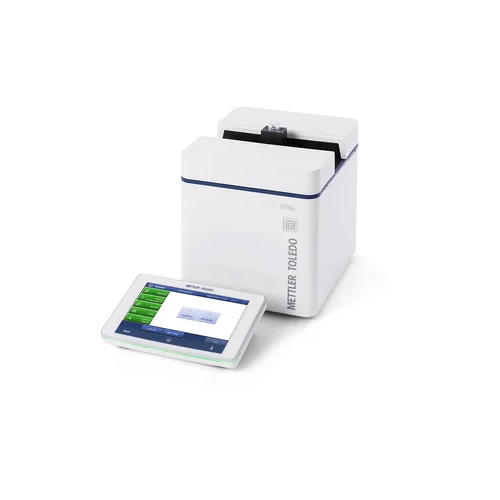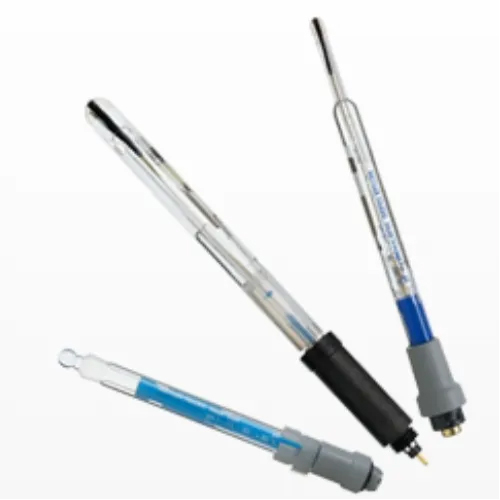Thermomechanical Analysis (TMA)
Product Details:
Product Description
Thermomechanical Analysis (TMA)
Precise Determination of Coefficients of Thermal Expansion (CTEs) and Transitions
The TMA/SDTA 2+ can be used for a wide range of applications due to its broad temperature range and the wide choice of force parameters in compression and tension modes. As a result, the TMA/SDTA 2+ quickly provides characteristic information on numerous types of samples, for example very thin layers, large sample cylinders, fine fibers, films, plates, soft or hard polymers, and single crystals.
Thermo mechanical analysis (TMA) is the ideal addition to DSC. Besides the measurement of expansion coefficients, TMA is also an excellent technique for determining glass transitions that cannot be satisfactorily measured by DSC, for example materials with a high filler content. The penetration mode is ideal for characterizing the glass transitions of difficult samples such as very thin coatings.
FAQ
1. What is Thermomechanical Analysis (TMA)?
Answer: Thermomechanical Analysis (TMA) is a type of laboratory testing which studies the effects of temperature and force on materials. It is used to measure the thermal expansion and contraction, mechanical properties, and thermal conductivity of a material.
2. What are the advantages of TMA?
Answer: TMA provides a wide range of information on a material's properties, including its temperature-dependent behavior and its response to applied forces. It can be used to analyze the effects of different materials and treatments on the material's mechanical and thermal characteristics, helping researchers and engineers to optimize designs.
3. What are the limitations of TMA?
Answer: TMA is limited by its reliance on laboratory testing, which can be costly and time-consuming. Additionally, the results of TMA tests may be affected by the environment and the test conditions, so results may not always be reliable.
4. What types of materials can be tested with TMA?
Answer: TMA can be used to test a wide range of materials, including metals, polymers, ceramics, and composites. It can also be used to study the behavior of materials under extreme temperature and pressure conditions.

Price:
- 50
- 100
- 200
- 250
- 500
- 1000+
Other Products in 'Analytical Instruments' category
 |
Mettler-Toledo India Private Limited
All Rights Reserved.(Terms of Use) Developed and Managed by Infocom Network Private Limited. |
 English
English Spanish
Spanish French
French German
German Italian
Italian Chinese (Simplified)
Chinese (Simplified) Japanese
Japanese Korean
Korean Arabic
Arabic Portuguese
Portuguese
